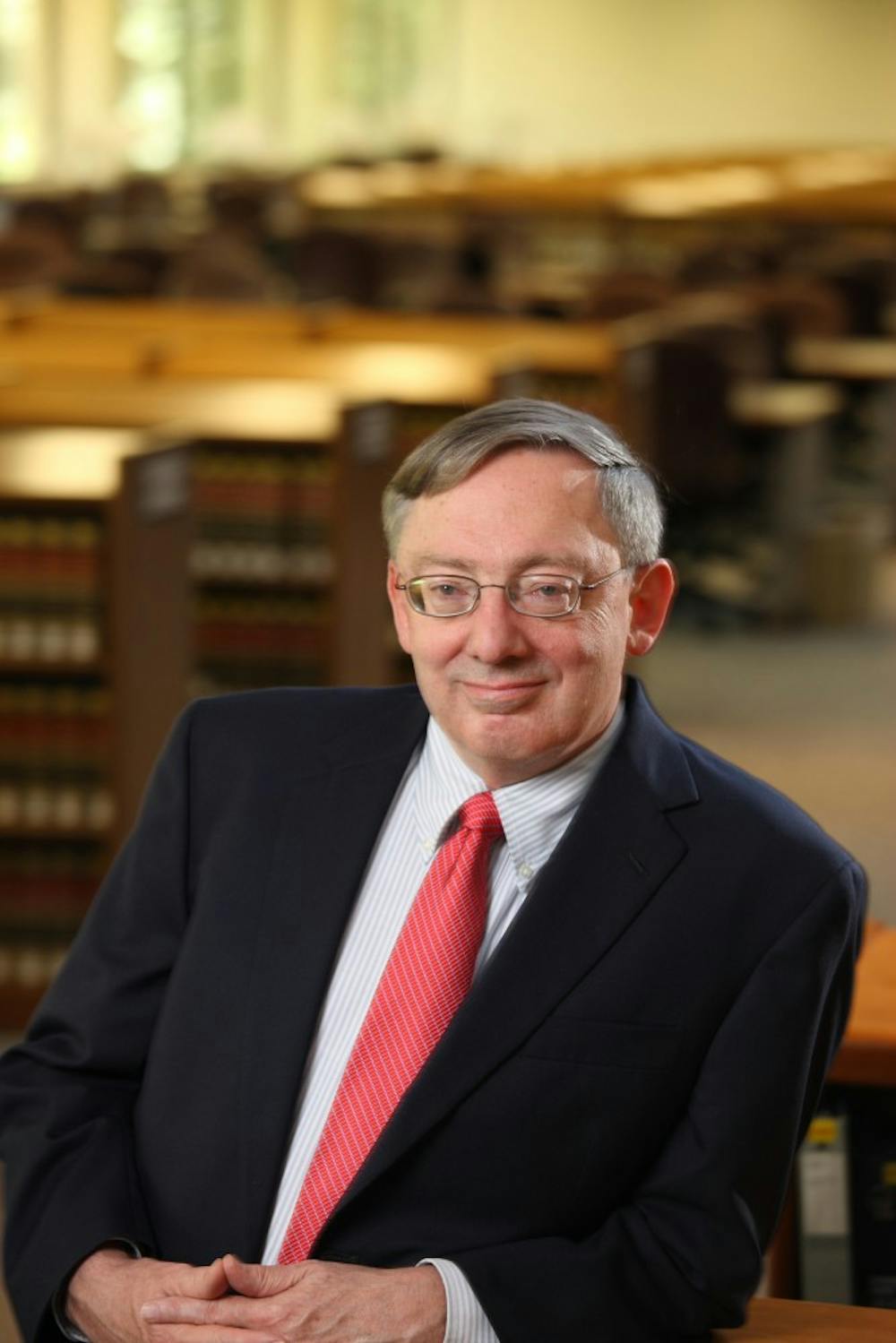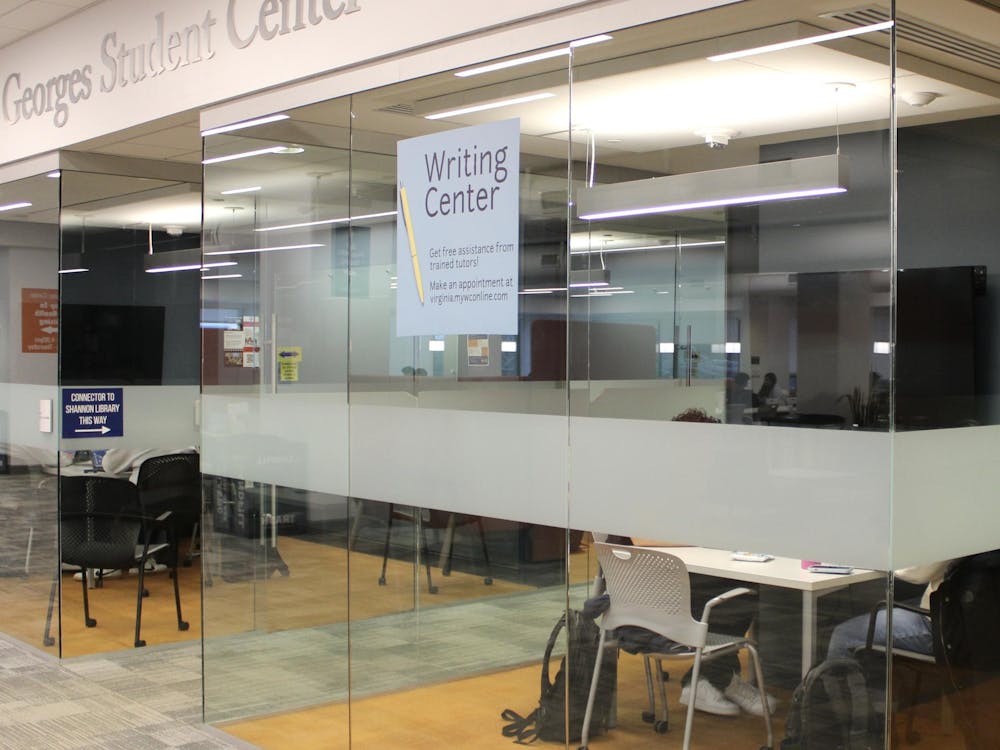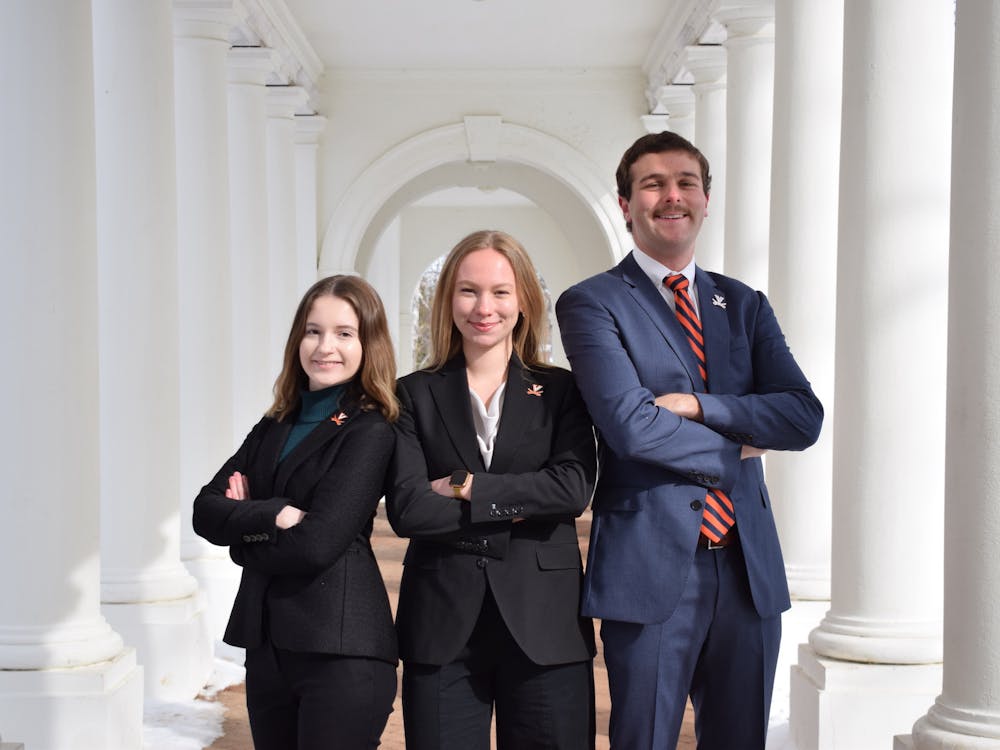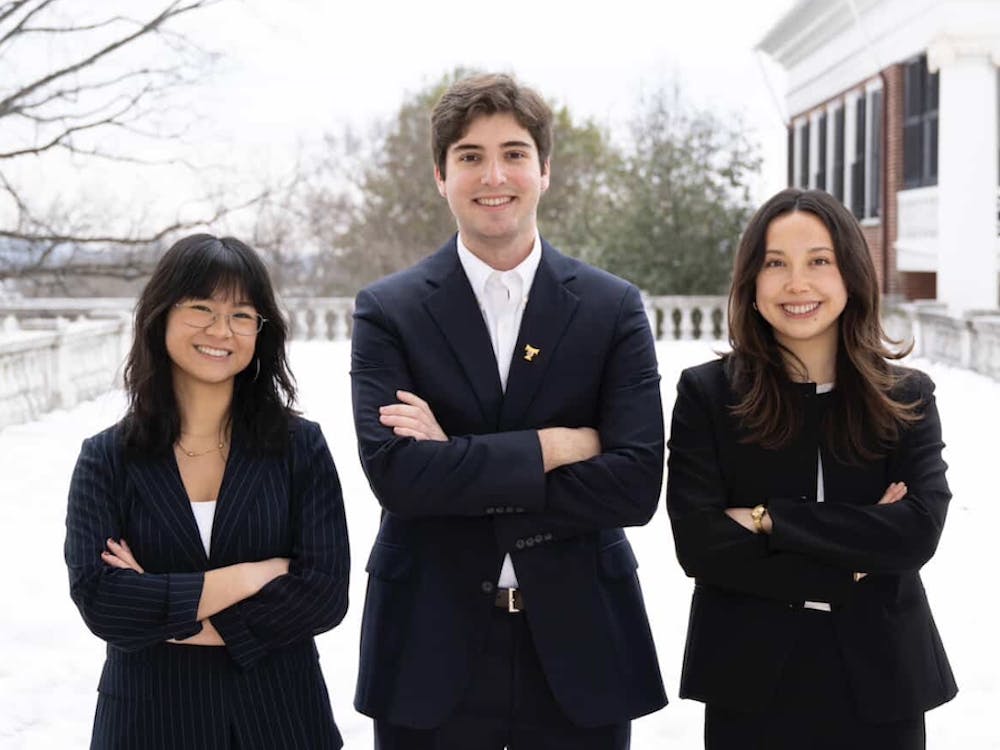University Law Prof. Douglas Laycock argued in the Supreme Court yesterday to retain the First Amendment ministerial exception, which prohibits most employment-related lawsuits brought against religious organizations by employees who serve important religious functions.
Laycock represents a Michigan church and school in Hosanna-Tabor Evangelical Lutheran Church and School v. Equal Employment Opportunity.
The Michigan church dismissed religious teacher Cheryl Perich for insubordination and disruptive conduct in trying to return to work while on disability leave for narcolepsy. Perich sued the school for "discrimination" and "retaliation."
The case deals with a conflict between protections under the Americans with Disabilities Act and the ministerial exception doctrine.
The Becket Fund for Religious Liberty recruited Laycock as counsel of record in the summer of 2010. He is a leading expert on religious liberty law and has argued two previous cases before the court.
"I think the argument went pretty well," he said. The case was argued orally and submitted yesterday, but a ruling will not be made until the last justice releases his decision sometime before June.
According to the federal government's brief, "The [Americans with Disabilities Act], by its plain terms, forbids employers - including religious employers like the petitioner - from retaliating against their employees for complaining about or reporting discrimination."
The Sixth U.S. Circuit Court of Appeals ruled the school's First Amendment rights as a religious organization did not shield it from lawsuit because the teacher's job dealt primarily with secular instruction, according to the court opinion.
The petitioner's brief, meanwhile, argued that Perich served religious functions, leading worship services and prayer, teaching religious classes, integrating faith into secular subjects and holding office as a commissioned minister in the Lutheran Church.
If justices strike down the ministerial exception, they would set a precedent whereby courts could hold ministers accountable for their performance, which Laycock said is reserved "to religious bodies and is beyond the authority of government and also just beyond its factual ability to evaluate."
The larger question this case will answer is whether ministers can sue their churches for employment discrimination as if they were employees in a secular economy.
"If the government's view prevails, it will lead to the filing of the types of lawsuits that have traditionally been thrown out," Laycock said.
Laycock noted that historically, church disputes have remained removed from U.S. courts.
"If you look at some of the cases that have actually been filed and dismissed because of the ministerial exception, I think they're cases that most people would agree don't belong in the civil court system," he said.
He recalled a case of racial discrimination in a Catholic church and of sex discrimination in a Jewish temple, both of which were dismissed by the Supreme Court.
Sometime in the spring Laycock will get a phone call with the decision, but for now, there is "nothing but to go home and wait," he said.







